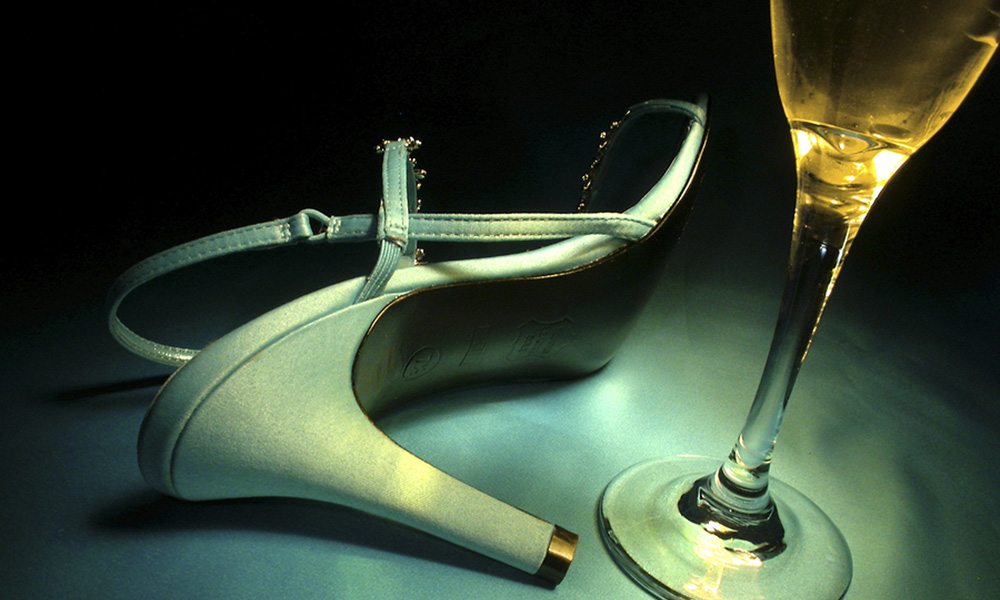Perhaps you have seen them – burglaries, assaults, armed robberies, and even mass shootings – live and in color on Facebook, YouTube, and other internet social media sites. Can a person be charged for a crime if the state’s case is based entirely on a video that was posted to the internet?
Evidence from social media sites is used by insurance companies in personal injury cases and by assault and battery lawyers and investigators. It is even used in divorce cases. Police departments and prosecutors in the U.S. – and in fact, around the world – also use evidence from social media sites in criminal investigations.
IF THERE’S VIDEO EVIDENCE AGAINST YOU, CAN AN ATTORNEY HELP?
Video evidence may be admitted into criminal trials in New York. If you’re the defendant in a case with video evidence, your defense attorney will need to show why you might not be the figure in the video, and/or your attorney must cast doubt on the video’s authenticity.
Here in New York, if you’re prosecuted for a crime based on video evidence that’s on YouTube – or based on any other video – you must have representation and sound legal advice at once. You will need to contact an experienced Long Island criminal defense attorney immediately.
A reliable defense attorney will explain your rights after an arrest. Your attorney then will craft an effective defense strategy and will advocate aggressively for the justice that you will need.
WHEN MAY VIDEO EVIDENCE BE USED IN A TRIAL?
Police agencies and prosecutors in this state regularly scrutinize YouTube, Facebook, and a variety of other social media sites to seek evidence of criminal activity and evidence they may use in criminal prosecutions.
In what circumstances may prosecutors introduce video evidence against a criminal defendant? Any video that is used by a prosecutor at trial must prove or demonstrate something important regarding the case and must be authenticated by an expert on video.
WHAT’S NEW ABOUT VIDEOS THAT DEPICT CRIMES?
You already know that property owners and retailers have used video as a security tool for many years, but criminals taking video of themselves perpetrating crimes – and uploading that video – is a recent development. Some of the criminals even boast on-camera about their illegal acts.
However, when a criminal uploads video of a crime and boasts about it, it’s self-incrimination. It’s a tendency that seems to be growing, a 21st-century version of criminals like Jack the Ripper and the Zodiac Killer, who boasted of their crimes in letters that they sent to newspaper editors.
What’s new in our own time is the ability to create video and to distribute it instantly – or even live – to millions of viewers around the globe. Over 1.6 billion people use Facebook each month, and more than a billion monthly viewers watch videos on YouTube.
IF THERE’S VIDEO EVIDENCE, HOW WILL YOUR LAWYER DEFEND YOU?
Can a criminal defense attorney assist you if a video shows you breaking the law, you are arrested and charged, and the video is used against you as evidence?
If that happens, your lawyer will have to prove one or more of these defense claims:
- The video doesn’t actually show what the prosecution claims that it shows.
- The video is fabricated, or someone has tampered with it.
- The individual who is engaged in the crime on-camera isn’t you.
ARE THERE GUIDELINES FOR ONLINE POLICE INVESTIGATIONS?
When a video is introduced, a criminal trial’s outcome may hinge on the video’s reliability. How significant is video evidence to criminal investigators? In 2011, the police in New York City established their own “social media” unit and set forth guidelines for online investigations.
However, outside of larger cities like Los Angeles and New York, many police agencies around the U.S. have no guidelines whatsoever for the online investigations of crimes, and police officers in these situations frequently must rely on their own judgment and discretion.
Here is what you need to know about online privacy. You should presume that anything you post online – and even anything that someone else may post – can be introduced as evidence if you’re prosecuted for a crime. It’s best to presume that nothing online is private or is ever really deleted.
WHEN SHOULD YOU SPEAK TO A CRIMINAL DEFENSE LAW FIRM IN NY?
Do not allow yourself to be charged or convicted of a crime because of a fabricated or corrupted video that someone has posted to Facebook or YouTube. Get a lawyer’s help at once.
If you are arrested for a crime in New York City on the basis of an online video, you must be advised and represented by a qualified Long Island criminal defense attorney who is experienced with video technology and its use in criminal cases.
Your defense lawyer will determine if the video is reliable. If you are innocent, your lawyer may first attempt to have the charge against you dismissed, and if the charge cannot be dismissed, your case may go to trial, and your lawyer will ask jurors to return a not guilty verdict.
WHAT IS THE ROLE OF EXPERT WITNESSES IN CASES INVOLVING VIDEO?
As a part of your defense strategy, if such a case goes to trial, your criminal defense lawyer may ask a video expert witness to testify regarding the authenticity and reliability of the video.
However, if a video that shows you committing a crime is legitimate, your lawyer may suggest taking a plea agreement that convicts you of a lesser crime and imposes a lesser penalty.
WHAT SHOULD YOU DO IF YOU ARE ARRESTED BECAUSE OF A VIDEO?
If you are charged with any crime on Long Island or in New York City, you have the right to remain silent, and you need to exercise that right. Be polite, but say something like, “I’m sorry, but I would prefer to exercise my right to remain silent until my attorney can be present.”
Do not admit to anything if you’ve been arrested, don’t sign anything, and don’t accept any plea deal before you consult a criminal defense attorney. If you are charged with a crime, the help of a good attorney is your right, but you are the one who must take the first step and make the call.















Comments are closed.